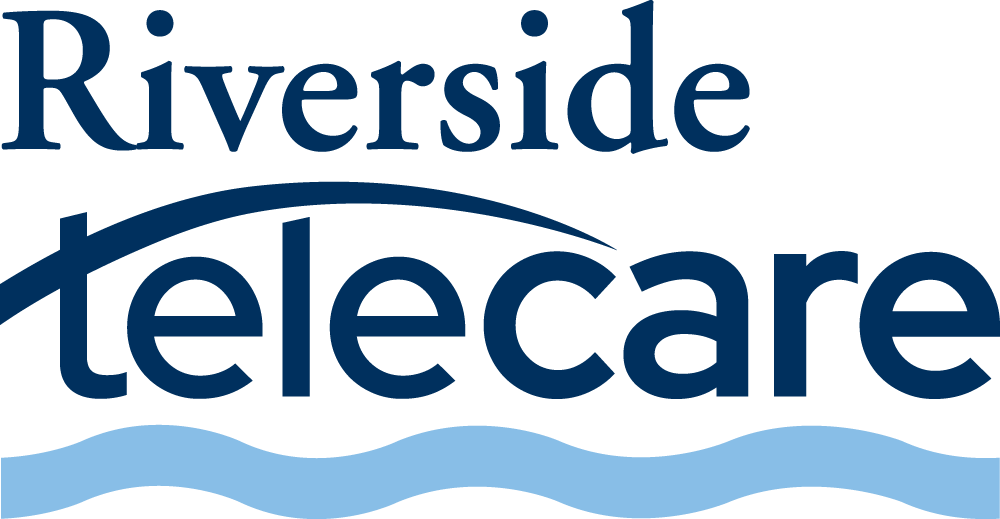The Relationship Between Substance Abuse and Eating Disorders
Eating disorders are complicated mental health conditions on their own, but can become even more serious in conjunction with a substance use issue. Studies suggest almost 50% of people with an eating disorder are abusing alcohol and/or drugs. Putting that into context, a person with an eating disorder is five times more likely to develop a substance-use issue than someone in the general public.
It’s not clear whether eating disorders trigger thoughts and behaviors related to substance abuse – or vice versa. Eating disorders can develop before, during, and even after treatment for substance abuse. However, particular concerns arise for those who have these co-occurring disorders:
- It’s Critical to Seek Help Early: The best chance for recovery lies in seeking help as early as possible. It’s helpful to take a self-assessment at www.MyBodyScreening.org if you notice even a slight change in your or a friend’s behaviors related to food, weight, or exercise. The screening can show you if symptoms are consistent with an eating disorder. It’s wise to meet with a mental health professional if you are feeling consumed by body image or weight, even if the results from your screening came back negative.
- There’s a Greater Correlation with Suicide: The most common cause of death among those with eating disorders is suicide. Substance abuse is also a significant factor in suicide-related deaths. Suicide is 120 times more prevalent among alcoholic adults as opposed to the general population and alcohol is involved with over 25% of all suicides in the United States. If you are having suicidal feelings, thoughts or ideations, please seek help – call the National Suicide Prevention Lifeline (1-800-273-TALK) right away.
- Specialized Treatment is Key: It’s crucial that you find an eating disorder specialist who can also evaluate substance abuse when seeking treatment for this combination of disorders. The same is true when assessing a potential treatment facility. The facility you chose should be able to provide specialized treatment that accounts for your overall wellbeing and health, in addition to addiction and eating disorders.
Educate yourself and be proactive when you or someone you care about is showing warning signs of eating disorders and substance abuse. It can make a huge difference on the road to help and recovery!
